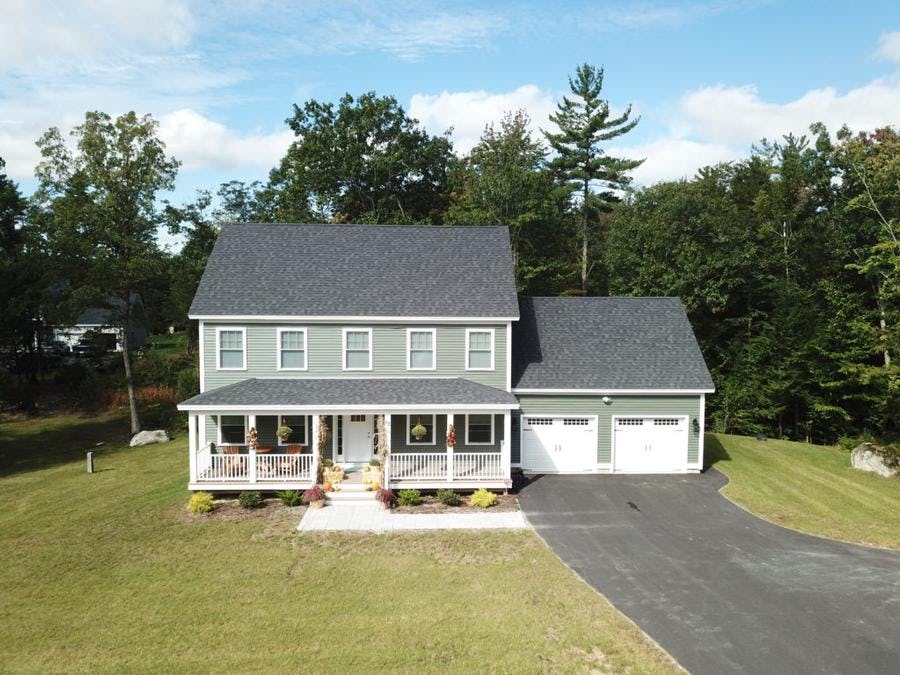Deciding whether to rent or buy a home is a big decision that comes with some major pros and cons on both sides. Which option is right for you will depend on your individual circumstances. Taking the time to consider both options is vital when you’re making such an important decision.
Renting Pros
Flexibility
If you’re looking to move to a different city or change jobs within the next few years, it’s probably better to rent. Similarly, if you only just moved to a new city and you’re not sure what neighborhoods are best, renting is a good way to try out different areas and see what you like.
Low maintenance
Renting is much lower maintenance compared to owning a home. Lawncare and snow removal are often included in the cost of rent. And when there are unpleasant surprises like appliances breaking or a leak in the roof, the landlord is typically responsible for those fixes and the costs associated with them.
Cost
Depending on the location and market, it can be cheaper to rent than to buy – for instance, if you’re renting in the downtown area of a large city. If you’re thinking you may move somewhere with much lower housing costs in the next 5-10 years, it may be more cost efficient to rent in the meantime.
Renting Cons
Instability
Rent prices may increase, forcing you to seek housing elsewhere. Or the apartment could become unavailable for a number of other reasons out of your control – the landlord could sell the building or choose to do renovations, for instance. You may have to move more often than you want, which is a hassle and often expensive.
Subject to a lease
There will probably be certain terms outlined in your lease that you’ll be subject to if you’re renting. The landlord may dictate if you can have animals in the apartment or whether you can have a grill or fire pit outside. You might not be allowed to paint the walls or make other customizations to the apartment without risking your security deposit.
Buying Pros
Stability
It can be really helpful to know you’ll be in the same home in the same neighborhood with the same monthly mortgage payments for the foreseeable future. There’s a sense of stability and pride that comes with homeownership. You can build connections in the community, knowing you’ll be staying around for a while. If you have children, they’ll be able to make friends and join clubs without worrying about changing school districts every time you switch apartments.
Customization
There is so much more flexibility when it comes to customizing your own property. Whether you’re hoping to do only small changes or full renovations, you have the freedom to make your home your own.
It’s an investment
When you make payments on your home, you’re working towards owning it. Compared to paying rent, this can feel much more fulfilling as it is an investment in your future. And if the home value increases more than what you pay, you can make a return if you eventually sell.
Buying Cons
Upfront Costs
You’ll need enough savings for a down payment and all the additional closing costs when you buy a home. There’s also an opportunity cost - you won’t be able to use that money for other investments. You also need to make sure to leave enough money in your bank account for any surprise costs and an emergency fund.
Maintenance
Some months you’ll pay your mortgage and utility costs and nothing else. Others, you could face expensive surprise repairs. When it comes to small fixes your landlord normally took care of, you’ll need to learn to do them yourself or spend the money to hire someone else.
Key Takeaways
When to rent:
- You want more flexibility
- You need more time to save
- You want to invest your money elsewhere
- You don’t want handle maintenance
When to buy
- You want stability
- You want to build equity
- You want to customize your living space
- You have enough savings for a down payment and then some





